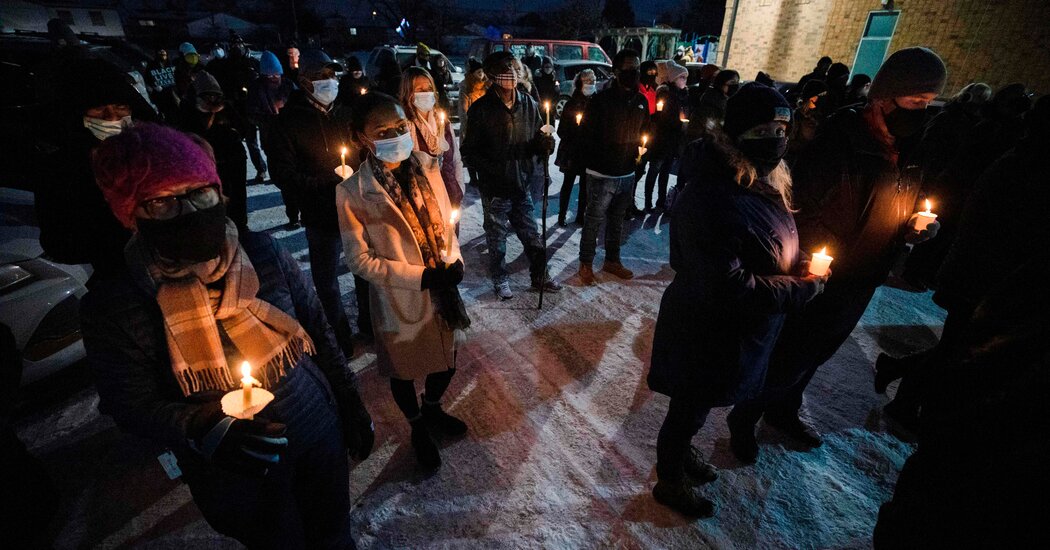

The new studies on sleep involved federal data from the Behavioral Risk Factor Surveillance System and the American Time Use Survey between 2013 and 2019. Researchers used those time-stamped surveys from about 190,000 from Black people and about 1,846,000 white people who had been called at random by phone and asked about, among other topics, how much sleep they got.
Then, using statistical data from the Mapping Police Violence database, the researchers identified whether a police killing of an unarmed Black person had occurred in a survey respondent’s state within the previous three months. If they found one, they compared the respondent’s sleep duration with that of people who had been called before the killing. They also compared the answers with those of people surveyed at a similar time, but outside the region.
Survey responses were sorted by whether the respondents’ total sleep duration fell below seven hours, which is considered “short sleep,” or six hours, considered “very short sleep,” since that threshold has been even more closely associated with poor health outcomes.
After controlling for an array of factors, such as seasonal temperatures and unemployment rates, they found that Black people were 2.7 percent more likely to experience less than seven hours of sleep in the first three months after an officer had been involved in killing an unarmed Black person in their state compared with before the killing, and 6.5 percent more likely to report less than six hours of sleep compared with before.
To address potential bias, the researchers looked at associations between sleep and other events, such as police killings of armed Black people or unarmed white people, but they found no significant links. They also applied regression models to samples of white respondents and found that associations between sleep and police killings were not statistically significant.
In order to account for the fact that police killings were likely to affect people across state lines, they designed a second study, this one looking at the influence of high-profile killings on a national level. The study compared changes in sleep patterns among Black survey respondents before and after the killings with changes among white respondents — essentially subtracting the differences seen in white respondents from the ones seen in Black ones.
Here, the magnitude of the findings was even larger. In the national-level analysis, researchers found that Black people were 4.6 percent more likely to report less than seven hours of sleep and 11.4 percent more likely to report less than six hours of sleep in the months after a killing compared with white people surveyed during that time.
24World Media does not take any responsibility of the information you see on this page. The content this page contains is from independent third-party content provider. If you have any concerns regarding the content, please free to write us here: contact@24worldmedia.com

Common Mistakes When Using Athletic Field Tarps

High-Performance Diesel Truck Upgrades You Should Consider

Warehouse Optimization Tips To Improve Performance

Fire Hazards in Daily Life: The Most Common Ignition Sources

Yellowstone’s Wolves: A Debate Over Their Role in the Park’s Ecosystem

Earth Day 2024: A Look at 3 Places Adapting Quickly to Fight Climate Change

Millions of Girls in Africa Will Miss HPV Shots After Merck Production Problem

This Lava Tube in Saudi Arabia Has Been a Human Refuge for 7,000 Years

Four Wild Ways to Save the Koala (That Just Might Work)

National Academy Asks Court to Strip Sackler Name From Endowment

Ways Industrial Copper Helps Energy Production

The Ins and Out of Industrial Conveyor Belts